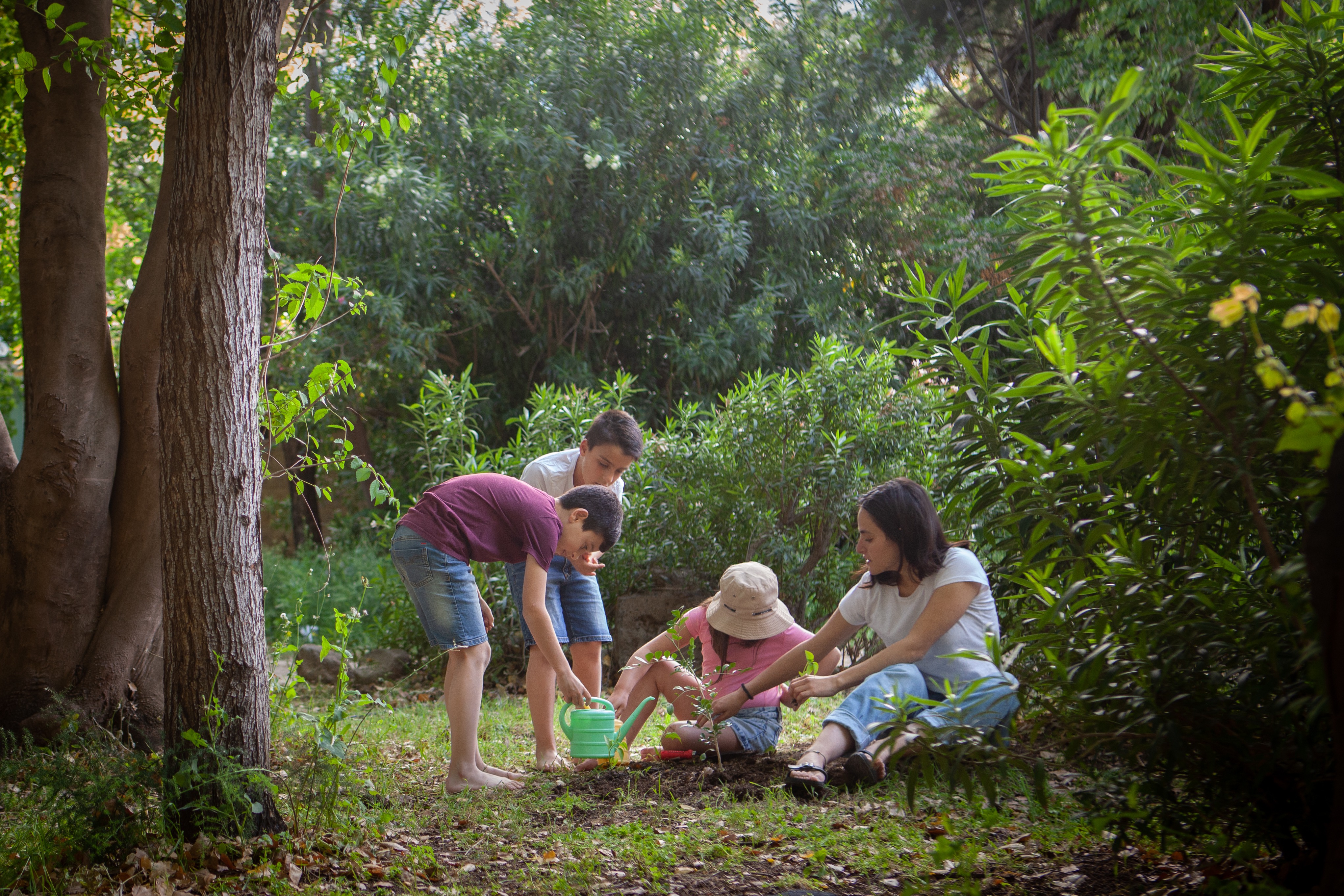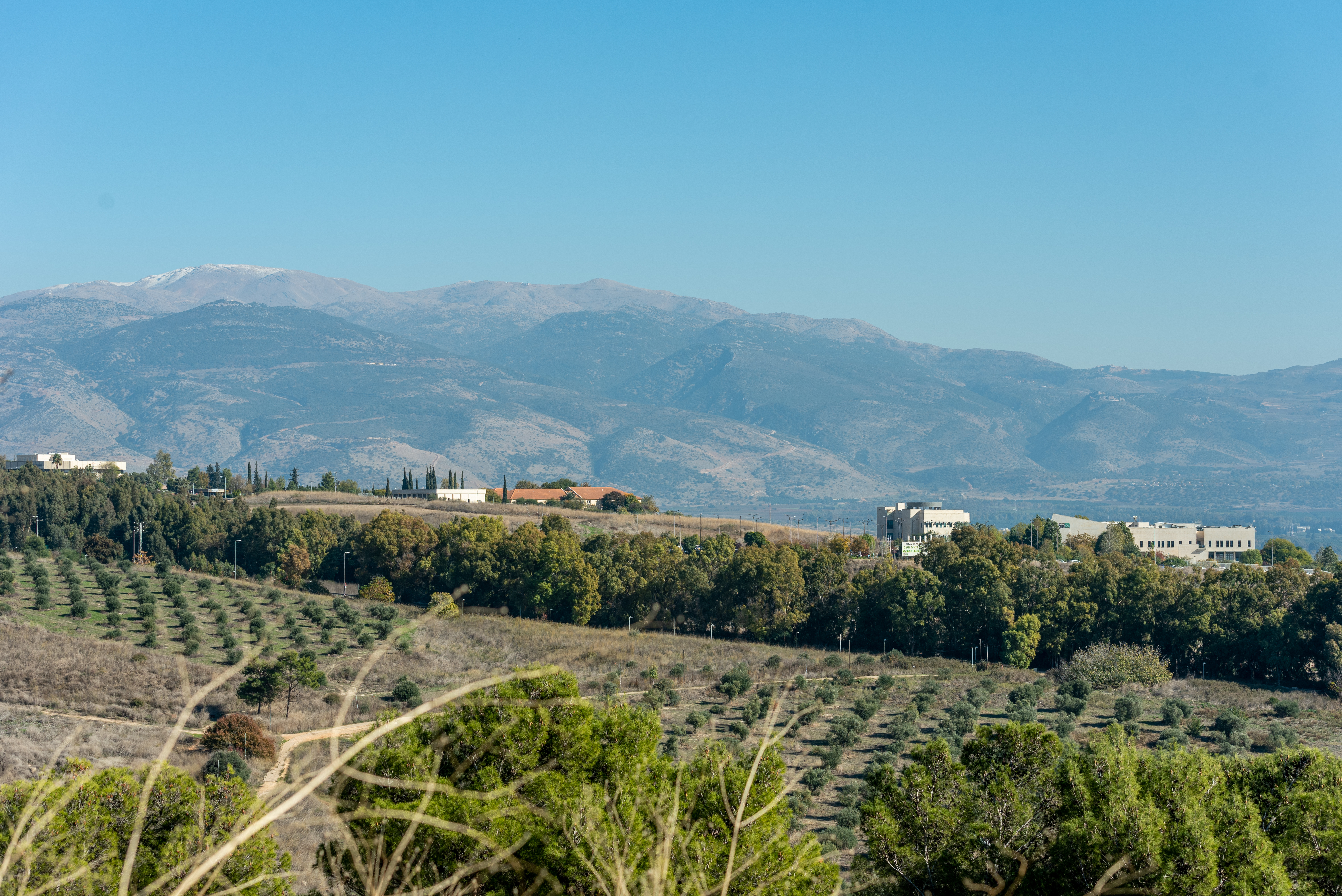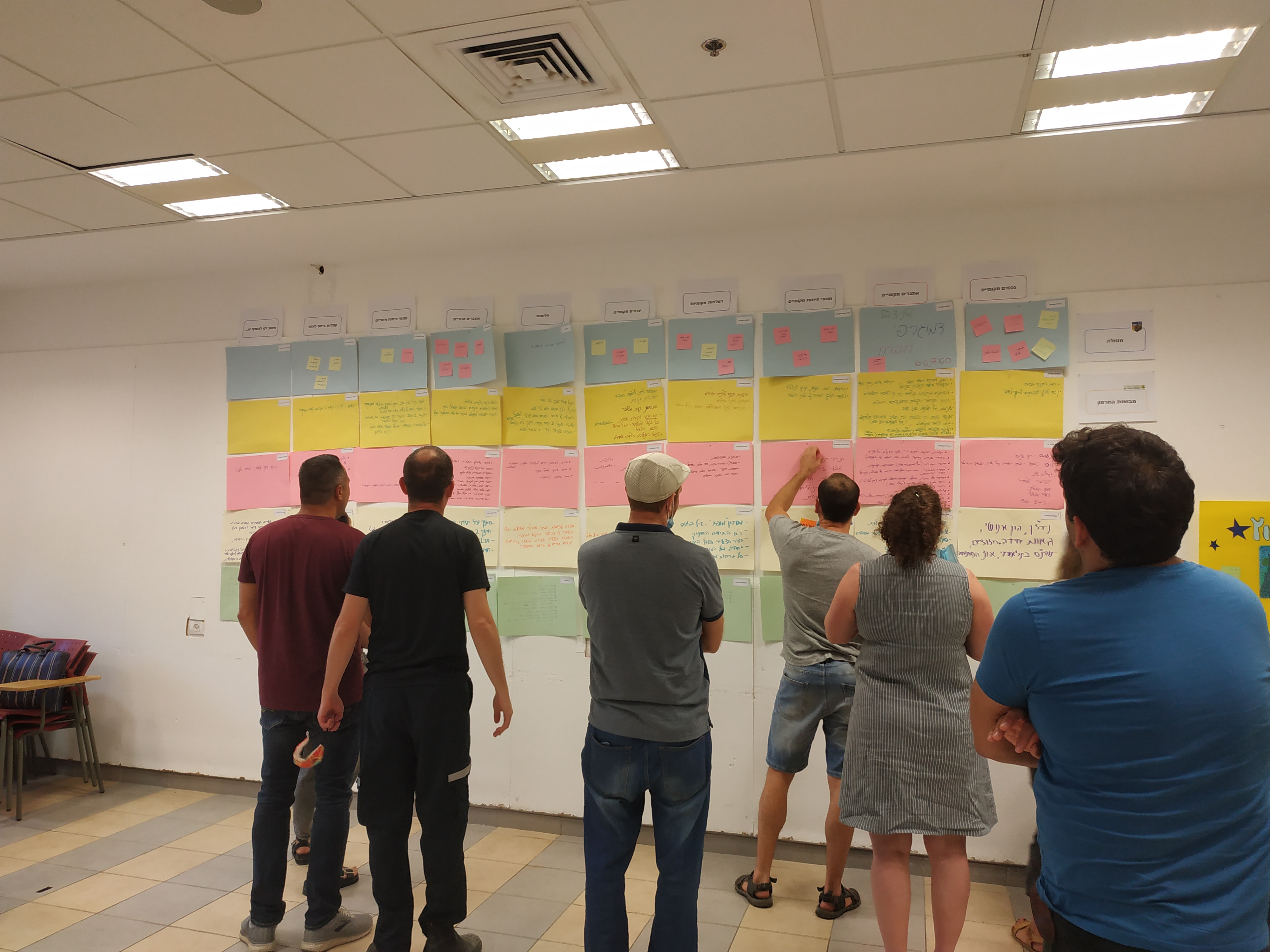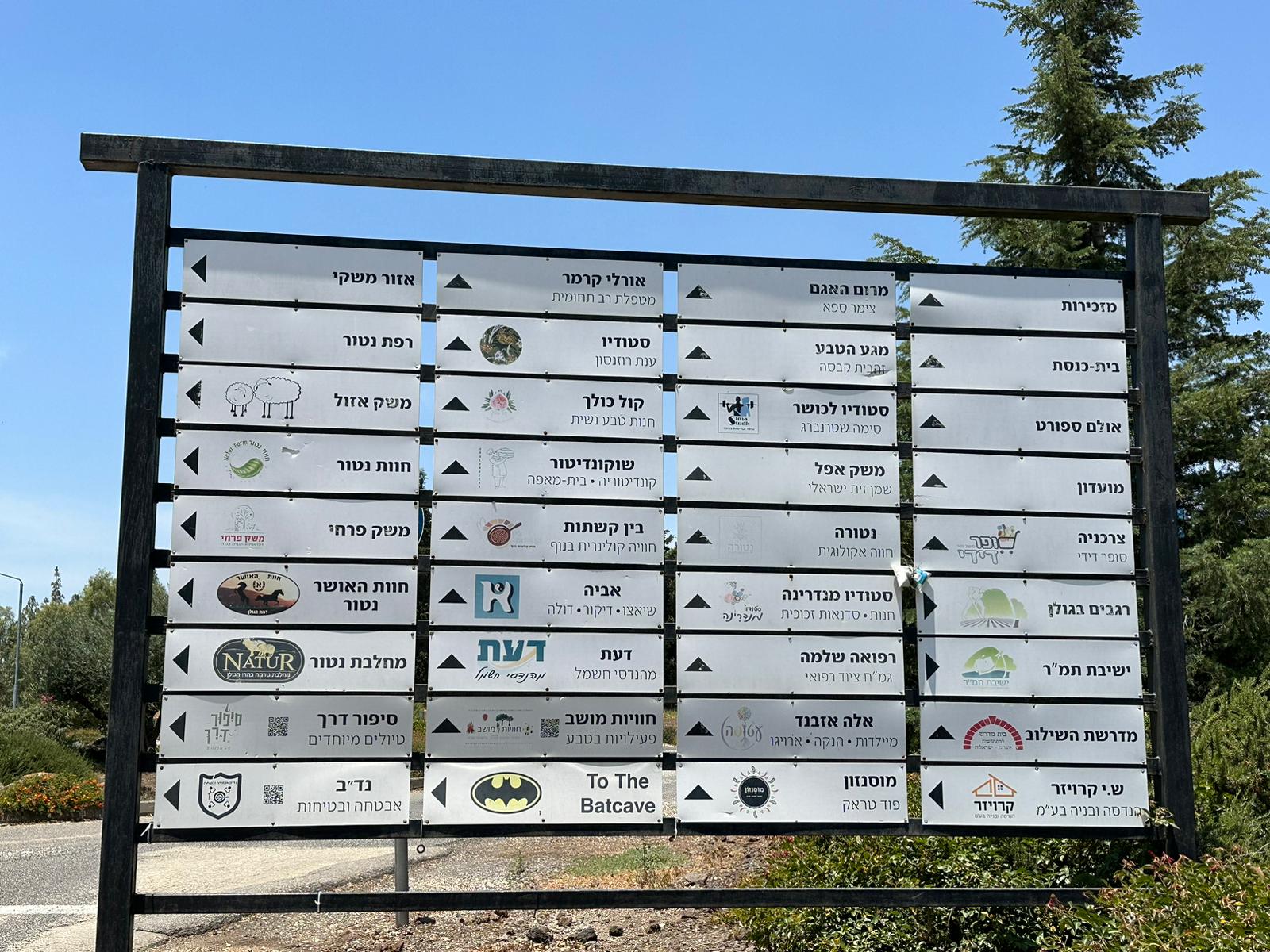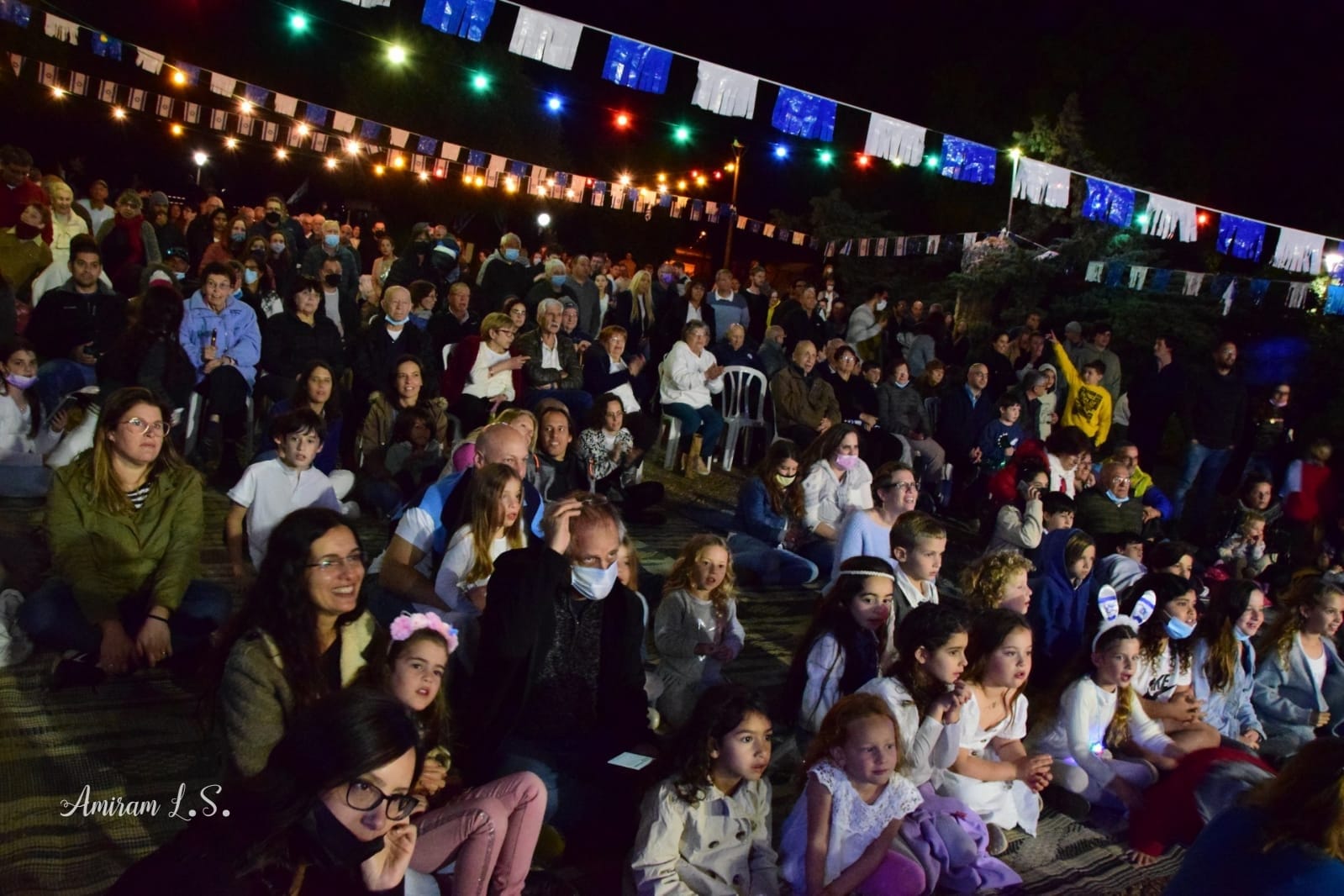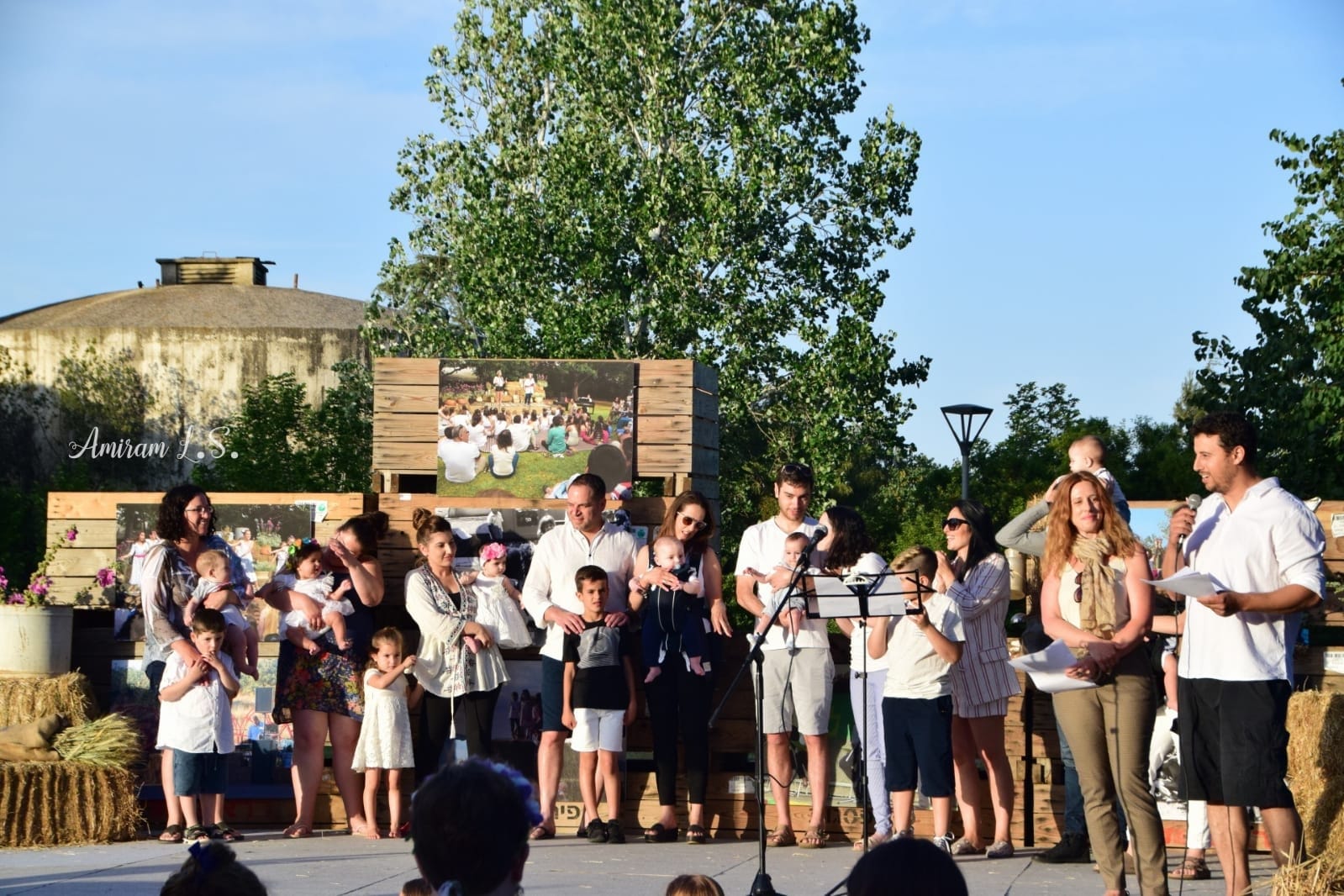It is customary to use the concept of “community” in describing the Zionist settlement enterprise in Israel, since local communities were the cornerstones of the national sovereign entity. The rural communities, which were built as homogeneous Hebrew communities, also developed their identities and their links to the national space with reference to the settlement ideal they represented. The establishment of the state led to changes in the models of rural settlement, and new models of rural communities developed. Some of these communities were established as expansions of existing settlements and led to far-reaching changes in the structure of the local community, in its activities and function, and in the identity definitions of community members in connection with local perspectives and the national space. Building new neighborhoods brought a large number of new residents to rural settlements in which there had been small and intimate communities. Many of these new residents had sought to live in small rural communities, yet lacked a communal orientation or lacked a connection to the ideology that had characterized these settlements in the past. In the theoretical field of community, two new concepts developed: “communalism,” meaning the way that members participate in the daily life of the community they belong to; and “community peace” or Evolutionary community resilience to express the strength of the community in daily life.
In this project, we seek to examine the definition of community and communalism, and the manner in which these new communities currently view themselves in relation to themselves and in relation to the national space. The research seeks to examine how leading office holders and community leaders view local communalism and the place of these communities in the national space. The research also seeks to examine the emergence of shared community consciousness and the components of its identity from an instrumental perspective, through the way the community is managed and the construction of local community consciousness.
Prof. Anat Kidron
Mail: [email protected]
Prof. Zeevik Greenberg Head of Center
Mail: [email protected]
